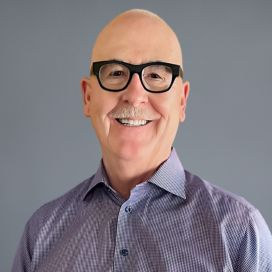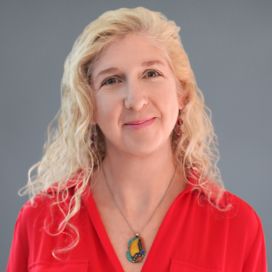American Health Values Survey

Problem
Advocates for health didn’t know how much the public agreed.
The Robert Wood Johnson Foundation’s guiding purpose is to build “a Culture of Health that provides everyone in America a fair and just opportunity for health and well-being.” As part of their vision for a Culture of Health, the foundation’s leadership wanted to know how many Americans were aligned with this goal, including their belief in the importance of health in daily living, their belief in the existence of social determinants of health, and their beliefs about the government’s role in health care and making communities healthier.
Solution
NORC surveyed a large cross-section of the population on their attitudes toward health.
With $1.5 million in funding from the foundation, NORC conducted the American Health Values Survey in 2015-16. The survey, conducted in English and Spanish by telephone, web, and mail, questioned more than 10,000 adults about health issues on a personal, community, and societal level. We followed up with a second survey in 2019-2020 that asked the same questions of more than 8,200 respondents to expand our understanding of rural/urban and race/ethnic differences on the issues and to see whether and how the value and belief differences vary across U.S. localities. We also conducted advanced analysis, including modeling to identify the key drivers of the values and beliefs and qualitative in-person interviews to better understand those drivers.
Result
Americans are divided on the need to build a culture of health.
Using data from our initial survey, we constructed a six-group typology of U.S. adults based on their core beliefs about health.
Some groups of adults believe government should play an active role in health and generally support other efforts to promote health. Others hold more mixed views. Two additional groups hold that health is a personal responsibility and are skeptical about government and other efforts to address health. Altogether, a majority of U.S. adults fall into groups supportive of health promotion. The size and makeup of each typology group changed little from the first survey in 2014/15 to the second in 2019/20.
The findings have helped RWJF and its partners build coalitions and shape their messaging to promote health across the nation.
Learn More About the Study
Related Tags
Project Leads
-
Larry L. Bye
Senior FellowSenior Staff -
Alyssa Ghirardelli
Principal Research ScientistSenior Staff









